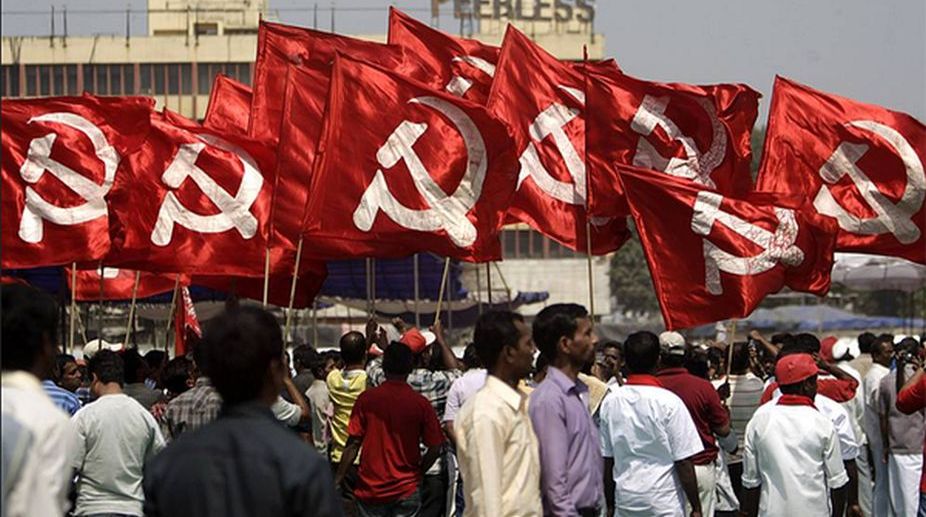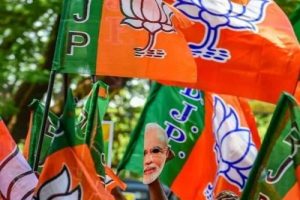The CPI-M has demanded a substantial cut in petroleum and diesel prices, citing the drastic fall in international prices of crude oil.
An editorial in the party journal “People’s Democracy” said retail prices of petrol and diesel had reached a new high in India.
The petrol price per litre was ranging from Rs 70 to 79 in various cities, making it an average of Rs 74 per litre. The diesel price was around Rs 61-62 a litre.
Ever since the daily price revision was introduced, the price of petrol had gone up by over Rs 6.17 per litre since July 1.
“There is no justification whatsoever for the steep and successive hike in excise duties. There has to be a substantial cut in the duties on petrol and diesel and the people must get the benefit of the reduced prices,” the editorial said.
It said India imported 85 per cent of its oil requirements, and so the international price of crude oil had a direct bearing on petrol and diesel prices at home.
The international price of crude oil had fallen drastically in the past three years, it pointed out.
In September 2012, the price of crude oil was $ 112 per barrel. At that time, the price of petrol for a consumer in India was Rs 73 a litre. Now the international price of crude oil was $ 52 per barrel, yet the domestic price of petrol was Rs 74 per litre.
“This is due to the high taxes levied on petroleum products,” said the Communist Party of India-Marxist. The government has hiked excise duty on petrol and diesel 11 times since November 2014. Besides, there were state level taxes.
“The central government has siphoned off all the reduction in crude oil prices through increased excise duty and VAT. The government’s excise duty collection during the period 2014-17 shot up from Rs 99,184 crore to Rs 242,691 crore.
“This form of indirect taxes burden the ordinary people. The increase in diesel prices affect the farmers and small entrepreneurs; the increase in petrol prices affect those using public and private transport.
“If the excise duties had not been increased so sharply, disposable income would have increased in the hands of the consumers, which would have led to an increase in the purchasing power of the people and revived demand for a whole host of goods.”












